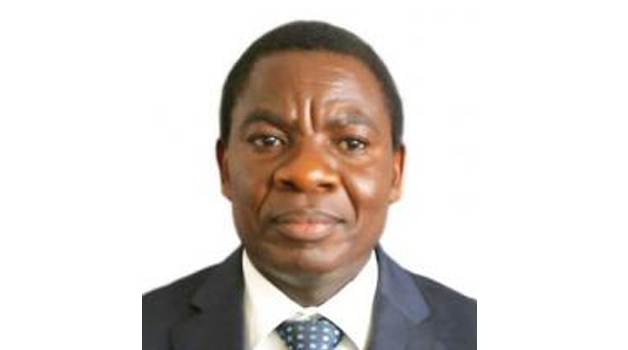By KENNEDY MUPESENI –
GOVERNMENT and stakeholders in the mining as well as energy industries have resolved to pursue a win-win approach as the country migrates towards cost reflective electricity tariffs to sustain production.
On Monday, a high level Government delegation, which included Finance Minister Felix Mutati, his Energy and Mines counterparts David Mabumba and Christopher Yaluma respectively, met a cross section of mining and energy stakeholders on the Copperbelt to discuss how best to implement the proposed electricity cost structure.
Briefing the media after discussions, which lasted almost the whole day, Mr Mabumba was confident that the consultative approach Government has taken would yield results considering the strategic nature of the energy sector.
“We are committed to dialogue with stakeholders in our quest to move to cost reflectivity, the power we are importing is temporal, we need to invest and expand our generation capacity and we can only do that if the cost of producing power reflect on the tariffs,” he says.
He, however, did not give the outcome of the discussion, saying further meetings would be held to come up with a win-win situation.
Mr Mabumba said the current tariff structure was not commercially viable, hence the need for solutions to make the industry more viable and attract more investments.
Mr Yaluma echoed that the country would only be able to meet the power demand when the country shifted to cost reflectivity.
“The meeting was successful, although at the moment we cannot go into details because more meetings will be held with stakeholders,” he said.
Zambia Chamber of Mines (ZCM) president Nathan Chishimba assured that the mines would continue engaging Government on certain matters to find a common ground.
CEEC managing director Owen Silavwe hoped that a win-win situation would be reached soon that the cost of producing power is reflected on tariffs to increase investments in the power generation.
The ministers have since returned to Lusaka.







